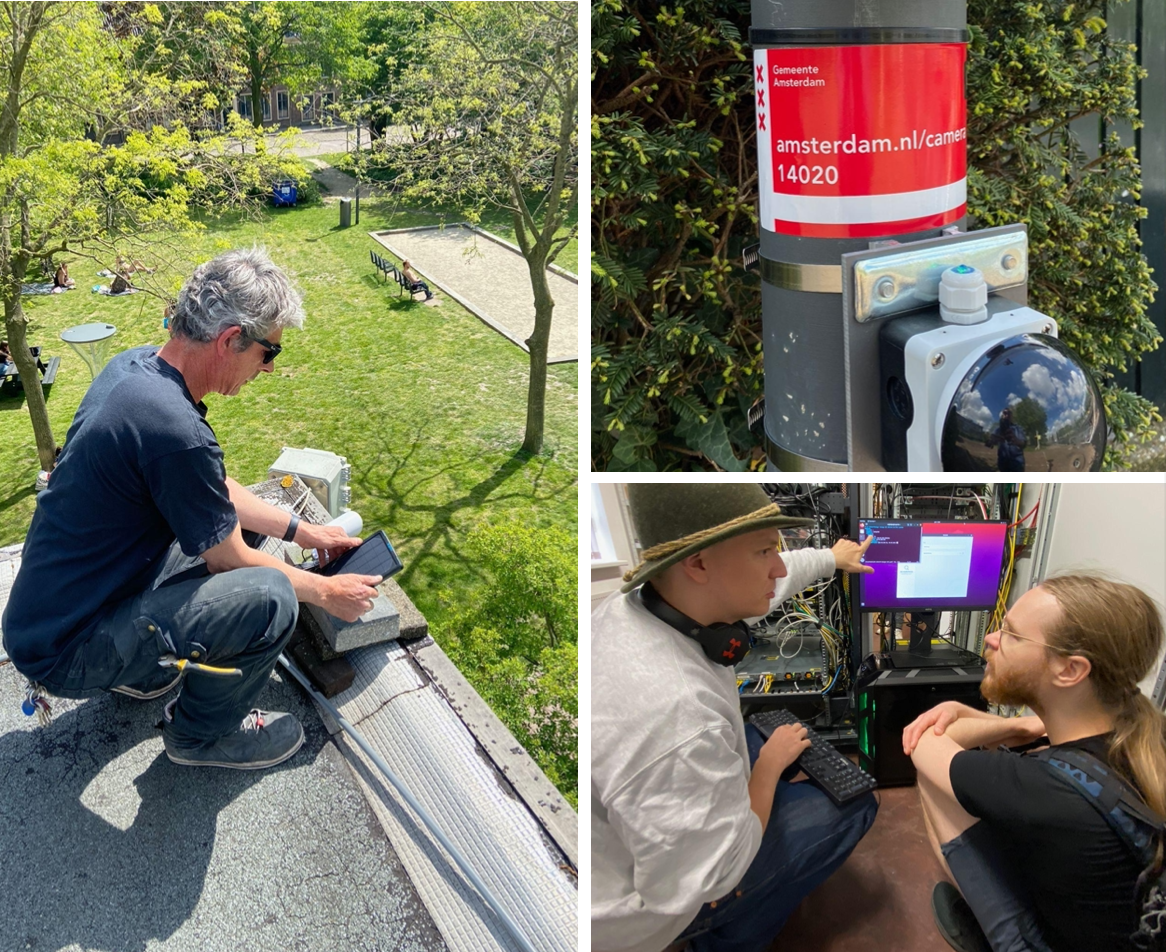mission
Our mission is to provide real world solutions to real urban problems. What kind of future city do you want to create?
Working together with public and private partners, Tapp enables local governments and industries to become leaders in the bottom up digital revolution. Using agile and lean start-up methodologies we can quickly solve many urgent social, environmental, economic challenges. Tapp’s focuses on 4 key areas of Responsible Urban Technology, Rapid Experimentation, Living Laboratories & Participatory Design.
Responsible Urban Tech
Smart cities technology can be invasive which is why Tapp provides key insights based latest cyber security standard, hyper transparency, privacy and digital rights to create a more fair and just future city
ISO 27001 Standards
Open Data API’s
Open Source Code
GDPR and Data Processing Agreements
Creative Commons Licensed
2. Rapid Experimentation
A lot of time and resources can be wasted over-thinking complex city solutions. Tapp uses an agile a ‘iterative approach’ to generate as much value to clients in the least amount of time. Smart City Projects can often consume a lot of time and budgets which is why we Tapp works with clients to validate assumptions as soon as possible. Every experiment guides the client closer to the expected result (and budget).
3. Living Laboratories
Seeing is believing. Whatever the stage of the project, its never too early to test real projects with real people, in real places. Tapp helps you design urban test zones to accelerate development process. Deploying solutions into the build environment can give projects legitimacy and provide vital user feedback. The many regulatory consideration, legal headaches, and spatial constraints can often be avoided - ensure your project is ready for the real world.
4. Participatory Design
Many smart city projects fail due to public objection. Tapp projects are all designed to be citizen centric and privacy by design to ensure support and scalability. By incorporating a diverse group of stakeholders from the beginning of the project will help it avoid fallout. Participatory design processes generates awareness and support from interest groups to ensure quick adoption and market fit.





